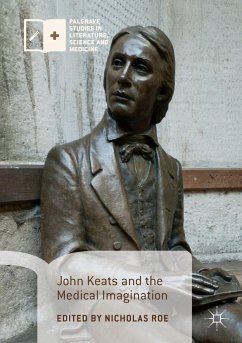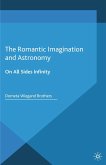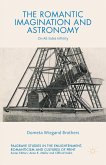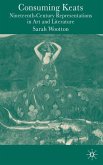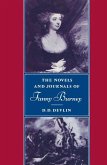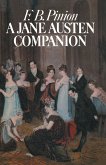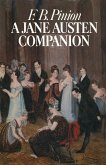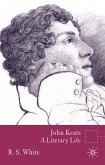This book presents ten new chapters on John Keats's medical imagination, beginning with his practical engagement with dissection and surgery, and the extraordinary poems he wrote during his 'busy time' at Guy's Hospital 1815-17. The Physical Society at Guy's and the demands of a medical career are explored, as are the lyrical spheres of botany, melancholia, and Keats's strange oxymoronic poetics of suspended animation. Here too are links between surveillance of patients at Bedlam and of inner city streets that were walked by the poet of 'To Autumn'. The book concludes with a survey of multiple romantic pathologies of that most Keatsian of diseases, pulmonary tuberculosis.
"I did feel that the book splendidly achieves what Roe explains it set out to do, that is, 'enabling readers to comprehend the full span of [Keats's] creative genius with fresh knowledge, enhanced understanding and deeper insight'. Each chapter provides a most useful collection of references for further study. This book helps students of Keats's poetry to work towards a learning of 'a great whole'..." (Elizabeth Askey, The British Society for Literature and Science, bsls.ac.uk, 2017)

